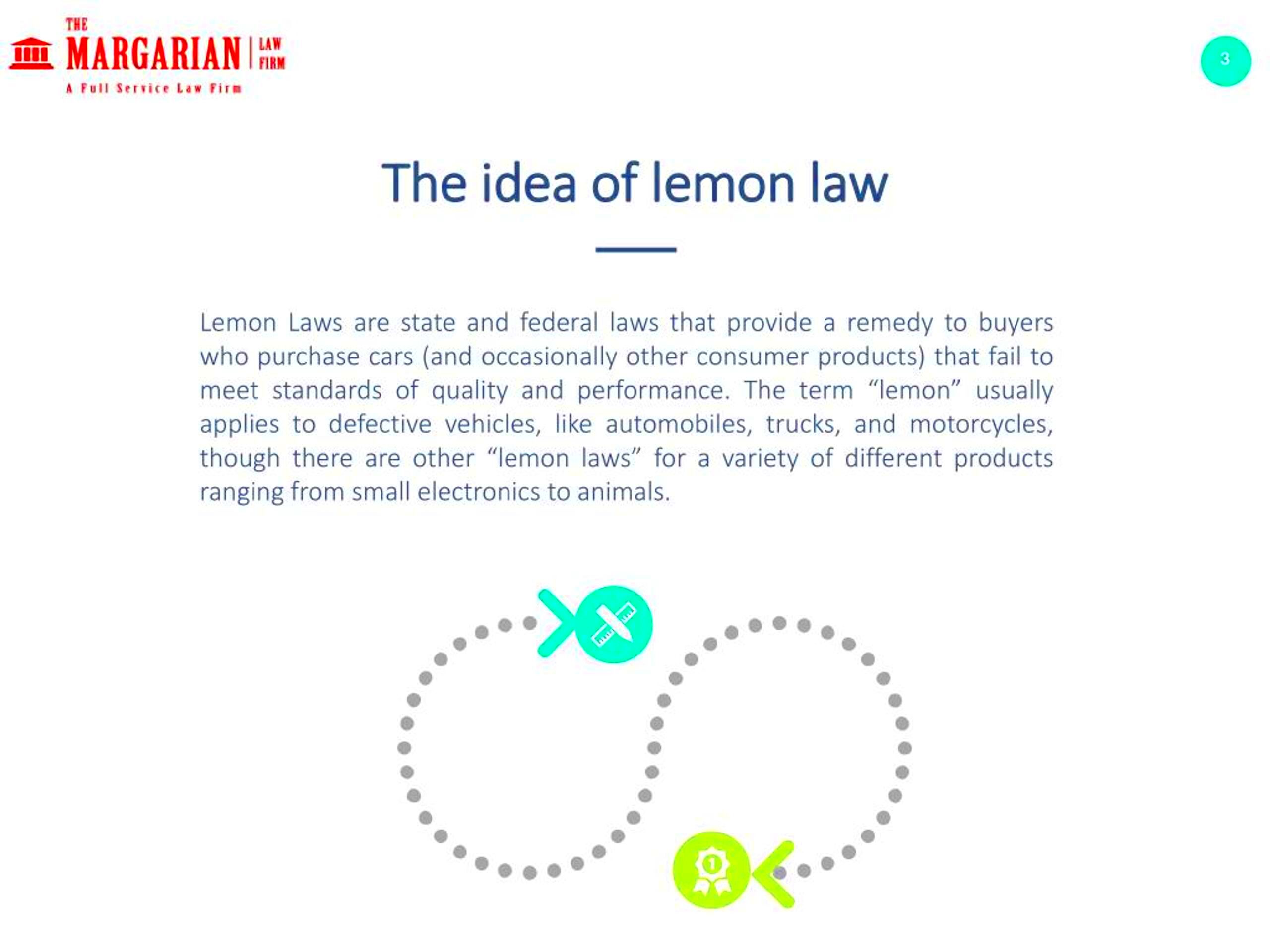New Hampshire Lemon Law Explained
The New Hampshire Lemon Law is designed to protect consumers who buy or lease vehicles that have significant defects. These defects must affect the vehicle’s use, safety, or value. If you find yourself in this situation, it’s crucial to understand your rights and the process involved in making a claim. The law provides a clear path for consumers to seek remedies, which can include repairs, replacements, or refunds for their defective vehicles. Let’s dive deeper into what qualifies as a lemon and how you can navigate this process effectively.
What Qualifies as a Lemon in New Hampshire

In New Hampshire, a vehicle is considered a lemon if it meets specific criteria:
- Defects Must Be Substantial: The defect should impair the vehicle’s use, safety, or value. Common issues include engine problems, transmission failures, and brake issues.
- Time Frame: The defects must occur within the first 36,000 miles or during the first year after purchase or lease.
- Repair Attempts: The manufacturer or dealer must be given a reasonable number of attempts to fix the defect. Generally, this means at least three repair attempts for the same issue or the vehicle being out of service for a total of 30 days.
If your vehicle meets these conditions, you may have a valid lemon law claim.
Steps to Take If Your Vehicle is a Lemon

If you suspect your vehicle is a lemon, here are the steps you should follow:
- Document Everything: Keep detailed records of all repairs, including dates, the nature of the issues, and the dealer’s response. This information will be vital for your claim.
- Notify the Dealer: Inform the dealer of the persistent issues and give them another chance to repair the vehicle. Make sure to do this in writing.
- Request a Buyback or Replacement: If the problem persists after multiple attempts, request a buyback or replacement from the manufacturer.
- Consult a Lawyer: If your claims are not being resolved, consider seeking legal advice from a lawyer experienced in lemon law cases.
- File a Claim: If necessary, file a formal claim under the New Hampshire Lemon Law.
Taking these steps can help you protect your rights and ensure you receive the compensation you deserve for your lemon vehicle.
New Hampshire Lemon Law and Used Cars
Many people believe that the New Hampshire Lemon Law only applies to new vehicles, but that’s not the case! In New Hampshire, used cars can also qualify for protection under the Lemon Law. However, there are specific conditions you need to know about. Let’s break down what it means for used car buyers and how you can benefit from this law.
For a used car to qualify under the Lemon Law, it must:
- Have a Warranty: The vehicle must still be under warranty at the time of the defect. This can include any manufacturer’s warranty or a dealer warranty.
- Have Significant Defects: The same criteria for defects apply as with new cars. This means the problem must affect the vehicle’s use, safety, or value.
- Be Purchased Within the Right Time Frame: Similar to new vehicles, defects must occur within the warranty period, generally within the first 36,000 miles or during the first year of ownership.
It’s important to know that the protections may vary, so always review your warranty and understand your rights. If you’ve bought a used car that feels like a lemon, don’t hesitate to take action!
What Are Your Rights Under New Hampshire Lemon Law
As a consumer in New Hampshire, you have specific rights when it comes to lemon law claims. Knowing these rights can help you navigate the process effectively. Here’s what you should keep in mind:
- Right to Repairs: You have the right to have your vehicle repaired at no cost to you for defects that impair its use, safety, or value.
- Right to Replacement: If your vehicle cannot be fixed after a reasonable number of attempts, you have the right to request a replacement vehicle.
- Right to Refund: If your vehicle is determined to be a lemon, you can receive a full refund of the purchase price, minus a reasonable deduction for use.
- Right to Legal Representation: You have the right to consult with a lawyer experienced in lemon law cases to help you understand your options and navigate the legal process.
These rights are essential for protecting you as a consumer, so don’t hesitate to assert them if you find yourself dealing with a lemon vehicle.
How to File a Lemon Law Claim in New Hampshire
Filing a lemon law claim in New Hampshire involves several steps. Here’s a straightforward guide to help you through the process:
- Gather Documentation: Start by collecting all relevant documents. This includes your purchase or lease agreement, warranty, and records of all repairs and communications with the dealer or manufacturer.
- Notify the Manufacturer: You must formally notify the vehicle manufacturer of the defect. This notification should be in writing and detail the problems you’ve encountered.
- Give Them a Chance to Fix It: Allow the manufacturer a reasonable opportunity to repair the defect. Typically, this means they should have at least three attempts to fix the same issue.
- Consult a Lawyer: If the issue is not resolved, consider seeking legal assistance. A lawyer can help you understand your rights and options moving forward.
- File Your Claim: If you are still not satisfied, you can file a lemon law claim in New Hampshire. This may involve submitting a written claim to the manufacturer and potentially pursuing further legal action if necessary.
Remember, taking these steps can significantly improve your chances of a successful claim, so stay organized and proactive!
Possible Outcomes of a Lemon Law Case in New Hampshire
If you find yourself navigating the New Hampshire Lemon Law process, you might be wondering what outcomes you can expect. While every case is unique, understanding the potential resolutions can help you prepare for what’s ahead. Here are the possible outcomes:
- Repair of the Vehicle: In many cases, the manufacturer will successfully fix the defect after a reasonable number of attempts. This is often the most favorable outcome, allowing you to keep your vehicle without further issues.
- Replacement Vehicle: If the defect cannot be repaired, you may be entitled to a replacement vehicle of equal value. This can give you peace of mind knowing you have a functional car.
- Refund: If the vehicle is deemed a lemon, you can receive a full refund of the purchase price. This refund typically excludes a deduction for any mileage you put on the vehicle before the defect was reported.
- Settlement: Many cases settle before going to court. This means you and the manufacturer agree on a resolution, which could be a combination of repairs, replacement, or a refund.
- No Action: In some instances, if the claim is found to be invalid, there may be no action taken. This can happen if the vehicle does not meet the lemon law criteria.
Understanding these outcomes can help you set realistic expectations and navigate your lemon law claim with confidence.
FAQs About New Hampshire Lemon Law
When it comes to the New Hampshire Lemon Law, many questions often arise. Here are some frequently asked questions to help clarify common concerns:
- What types of vehicles are covered? New Hampshire Lemon Law covers new and used cars, trucks, and motorcycles that have significant defects affecting their use or safety.
- How long do I have to file a claim? You typically have up to 18 months or 18,000 miles, whichever comes first, to file a lemon law claim from the date of purchase.
- Do I need a lawyer to file a claim? While it’s not required, consulting a lawyer who specializes in lemon law can be beneficial, especially if your case is complex.
- What if the manufacturer refuses to accept my claim? If your claim is denied, you can appeal the decision and may consider pursuing legal action if necessary.
- Can I get compensation for other damages? Depending on your situation, you might be eligible for compensation for additional expenses related to the lemon, like towing or rental car fees.
These FAQs can help demystify the process and give you a better understanding of your rights and options under the New Hampshire Lemon Law.
Final Thoughts on New Hampshire Lemon Law
Navigating the New Hampshire Lemon Law can be overwhelming, but it’s essential for protecting your rights as a consumer. Understanding what qualifies as a lemon, the steps to take, and the possible outcomes can empower you in this journey. If you find yourself dealing with a problematic vehicle, remember that you have rights and options available to you.
Being informed and proactive is key. Whether it’s documenting your repair attempts or consulting a lawyer, every step counts towards resolving your lemon law claim successfully. In the end, knowing that you’re not alone in this process can make a significant difference. So stay patient, keep track of everything, and don’t hesitate to seek help if you need it!


